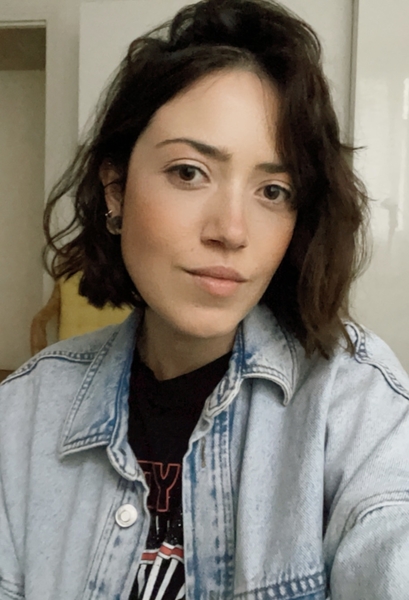Objectives
Abstract: Large-scale simulations play a crucial role in understanding earthquakes' multiscale nature and associated hazards. Traditional methods for generating artificial ground histories are limited in their ability to capture the intricate interactions during earthquakes, such as the seismic source, wave propagation paths, site-specific conditions, and the influence of built structures. Advanced computational tools and resources have facilitated simulations to enable a more comprehensive understanding of earthquake dynamics and their impacts. This talk explores diverse applications, focused on four areas: validation, use of earthquake simulations for risk assessment, utilization of simulations for in-situ testing, and full waveform inversion. These applications enhance our understanding of earthquakes and their effects and can contribute to developing strategies for seismic hazard mitigation and engineering design.
 Short biography: Andrea C. Riaño holds a Ph.D. in Civil and Environmental Engineering, having successfully completed a Dual Degree Program at Carnegie Mellon University in the USA and Universidad de los Andes in Colombia. Her research has centered around the use of 3D large-scale Earthquake simulations to assess seismic risk in deterministic scenarios. During her doctoral studies, she contributed to the SATREPS project, a collaborative effort between Japan and Colombia that aimed at mitigating earthquake, tsunami, and volcanic disasters in Colombia. She was selected as a trainee at the National Research Institute for Earth Science and Disaster Resilience (NIED) in Japan, where she worked in advancing activities for the strong-motion earthquake simulations of the SATREPS project. Following the completion of her Ph.D., Andrea pursued two Postdoctoral positions in France and the USA. At CentraleSupeléc (CS) in France, her work primarily focused on conducting numerical simulations of in-situ testing simulations to characterize soil properties. Additionally, she collaborated closely with the CS numerical simulations team, contributing to projects involving surface wave generation and random field modeling. Continuing her academic journey, Andrea embarked on her second Postdoctoral fellowship at the Colorado School of Mines, where she was part of the SCOPED project, a novel hybrid cloud+HPC computational platform for combining large-scale processing and modelling of seismic data with open-source seismic codes for conducting forward seismic simulations and Full waveform inversion (FWI).
Short biography: Andrea C. Riaño holds a Ph.D. in Civil and Environmental Engineering, having successfully completed a Dual Degree Program at Carnegie Mellon University in the USA and Universidad de los Andes in Colombia. Her research has centered around the use of 3D large-scale Earthquake simulations to assess seismic risk in deterministic scenarios. During her doctoral studies, she contributed to the SATREPS project, a collaborative effort between Japan and Colombia that aimed at mitigating earthquake, tsunami, and volcanic disasters in Colombia. She was selected as a trainee at the National Research Institute for Earth Science and Disaster Resilience (NIED) in Japan, where she worked in advancing activities for the strong-motion earthquake simulations of the SATREPS project. Following the completion of her Ph.D., Andrea pursued two Postdoctoral positions in France and the USA. At CentraleSupeléc (CS) in France, her work primarily focused on conducting numerical simulations of in-situ testing simulations to characterize soil properties. Additionally, she collaborated closely with the CS numerical simulations team, contributing to projects involving surface wave generation and random field modeling. Continuing her academic journey, Andrea embarked on her second Postdoctoral fellowship at the Colorado School of Mines, where she was part of the SCOPED project, a novel hybrid cloud+HPC computational platform for combining large-scale processing and modelling of seismic data with open-source seismic codes for conducting forward seismic simulations and Full waveform inversion (FWI).
Speakers
Host: Josep de la Puente, Wave phenomena Group Manager, CASE, BSC


